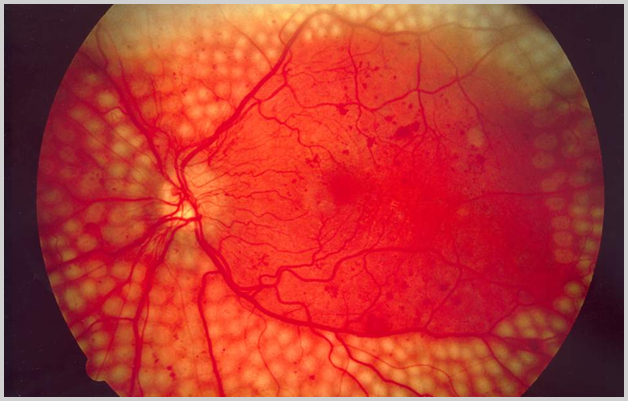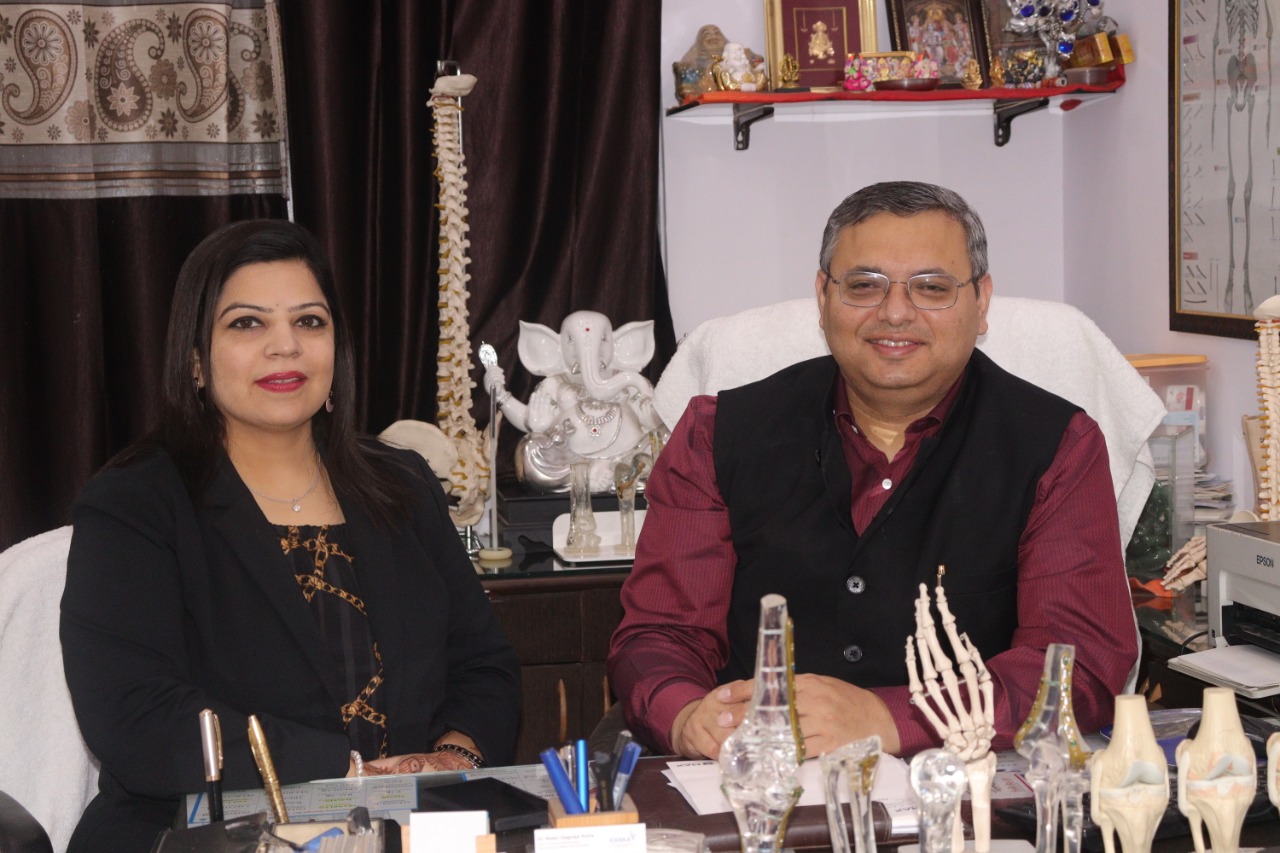Retina Laser Treatment
Retina Laser Treatment
Laser treatment involves using an intense beam of light (laser) that can be precisely focused to treat certain diseases of the retina. The retina is a delicate lining in the back of the eye where the images you see are made. Laser treatment is done to make sure your current level of vision lasts and to prevent any further loss of vision.
The 3 most common types of retinal diseases treated with laser are:
- Retinal holes or tears
- Diabetic eye disease (diabetic retinopathy)
- Other problems with retinal blood vessels
Retinal tears or holes
Laser treatment seals the layers of the retina together. If not treated, fluid leaks through these tears or holes, causing these layers to separate and detach. This causes loss of vision depending on the degree of detachment.
Diabetes mainly causes 2 types of damage to the retina:
- In the 1st type of damage, leakage from small blood vessels causes swelling which, if it happens in the centre of vision, can blur vision. Laser treatment can be used in some patients to stop this leakage.
- In the 2nd type of damage, blood vessels are blocked and new blood vessels grow into the eye where they can break and bleed. Laser treatment is used to stop these blood vessels from growing and lowers the risk of vision loss.
Other problems: Ocular problems due to abnormal blood vessels.

Diabetic Eye Disease (DIABETIC RETINOPATHY)
Diabetes mainly causes 2 types of damage to the retina:
- In the 1st type of damage, leakage from small blood vessels causes swelling which, if it happens in the centre of vision, can blur vision. Laser treatment can be used in some patients to stop this leakage.
- In the 2nd type of damage, blood vessels are blocked and new blood vessels grow into the eye where they can break and bleed. Laser treatment is used to stop these blood vessels from growing and lowers the risk of vision loss.
Other problems: Ocular problems due to abnormal blood vessels.

Getting ready for Laser treatment session
- Eat your meals as usual (or bring a snack).
- Have a responsible adult go with you to the Eye Care Centre and drive you home afterwards.
- Take your eye drops and all medications as usual.
- Bring your medications and/or drops or a list of their names to the Centre with you.
- Register at the reception desk in the Centre.
- You will be asked to sign a consent form.
- Expect to be at the Centre for about 2 hours.
- Your eyes will be very sensitive to light when the pupils are dilated so wearing sunglasses is recommended. This is very important on bright, sunny days.
What happens during Laser treatment
- Your pupils will be dilated to give your doctor a good view.
- You will be seated at a microscope, similar to the one used in your doctor’s office, as the laser beam is controlled through the microscope.
- During the treatment you should try to keep your teeth together and your head pushed forward against the band.
- Local anesthetic (freezing drops) will be placed in your eye. This is to prevent discomfort from the special contact lens placed on your eye to hold your lids apart. This lens also magnifies the area being treated.
- During treatment you will see bright flashes of light. Laser treatment is almost always painless, although sometimes a patient may have slight discomfort.
- The treatment will take 5–15 minutes depending on the amount of treatment needed. 5 After the laser treatment
- Your vision will be blurred right after your treatment.
- The dilation drops will also cause blurred vision. This will clear in 3–4 hours.
- Keep using your usual eye drops and medications.
- Your doctor will tell you about any activities that you should avoid.
- You will get a time for your next appointment.
- Report any sudden loss of vision or severe pain to your doctor.
- It is recommended that you do not drive on the day you have your laser treatment.

Why Choose Us?
Dr. Neetu Gagneja are an experienced orthopaedic surgeon who specializes in
RETINA LASER TREATMENT
She will assess your condition and advise the best form of treatment for your condition. With proper treatment, patients can look forward to a full and quick recovery without complications.

